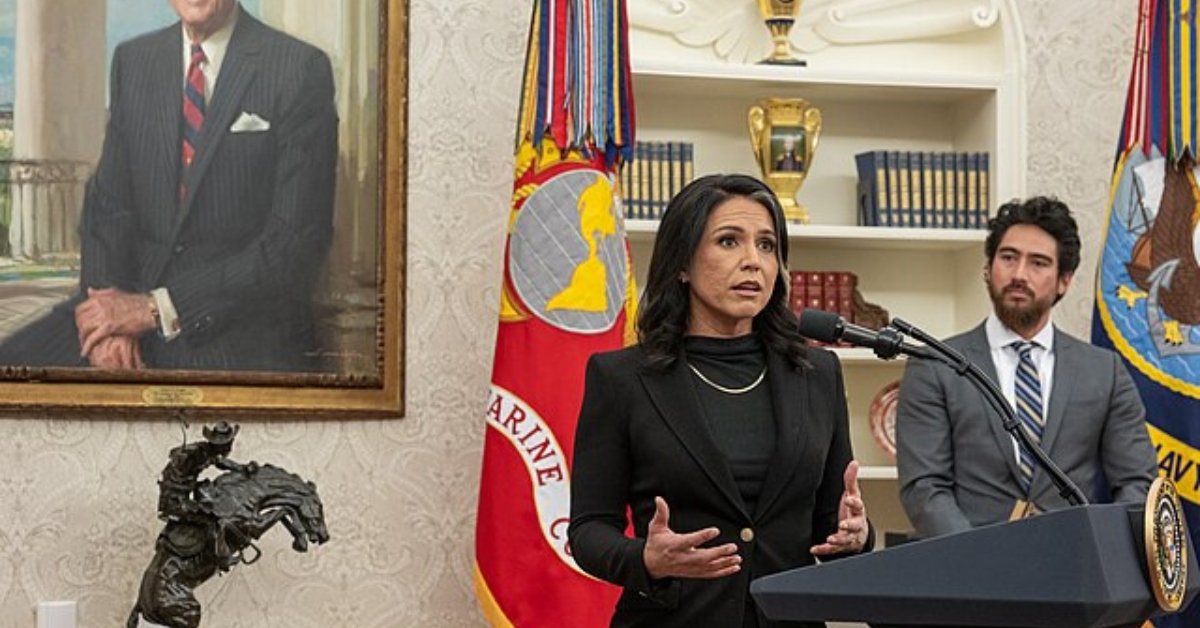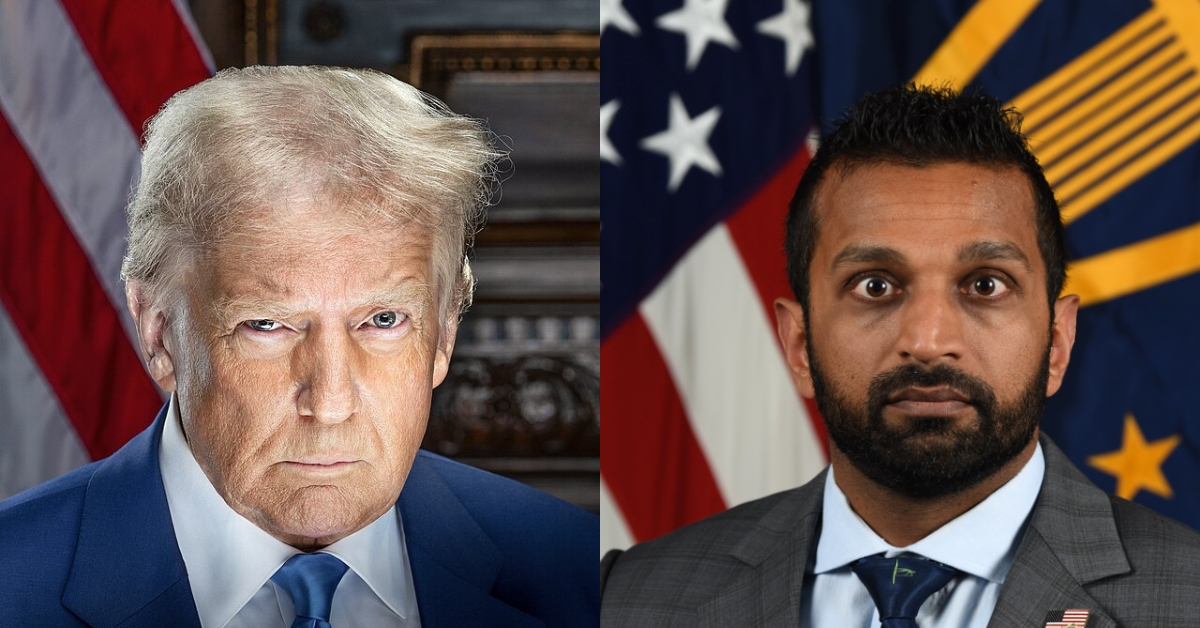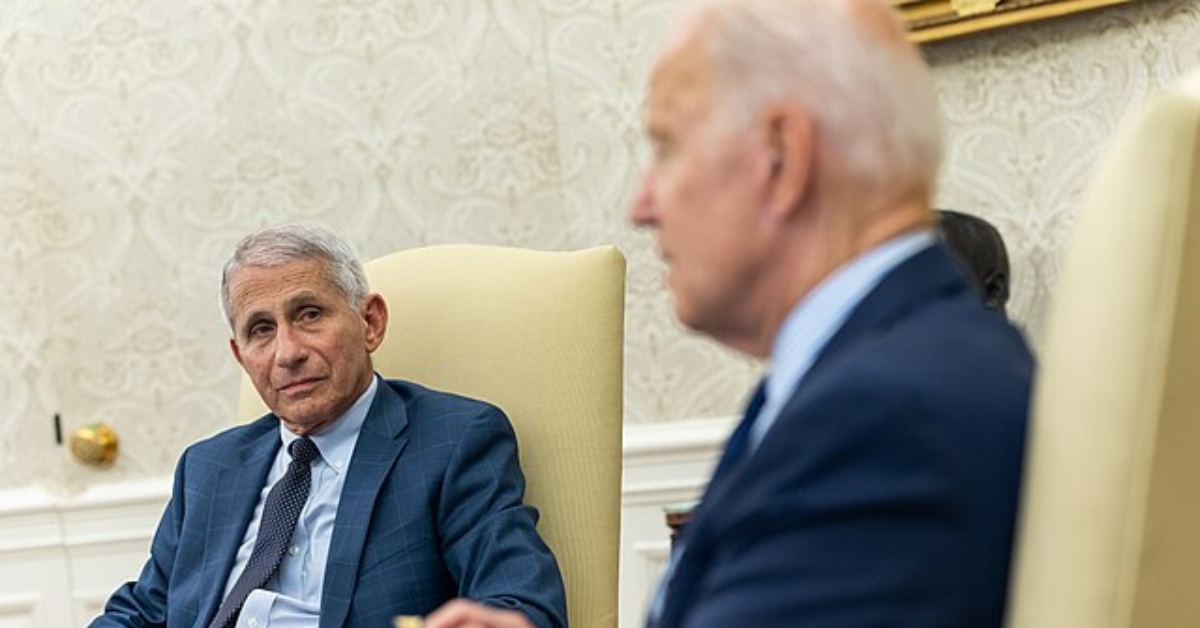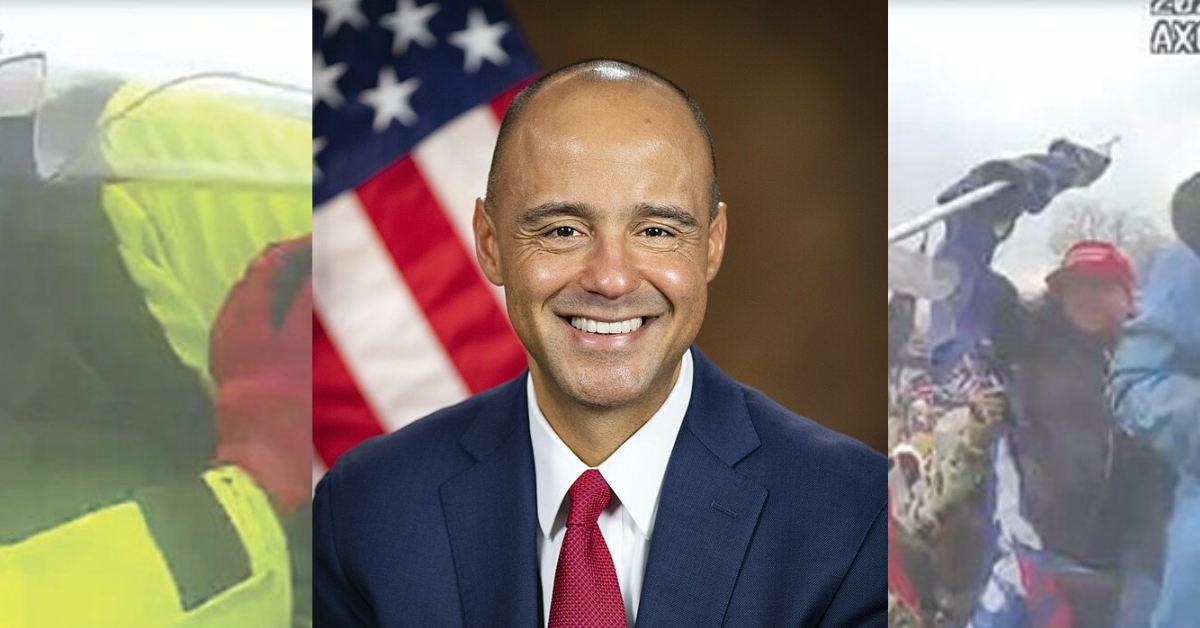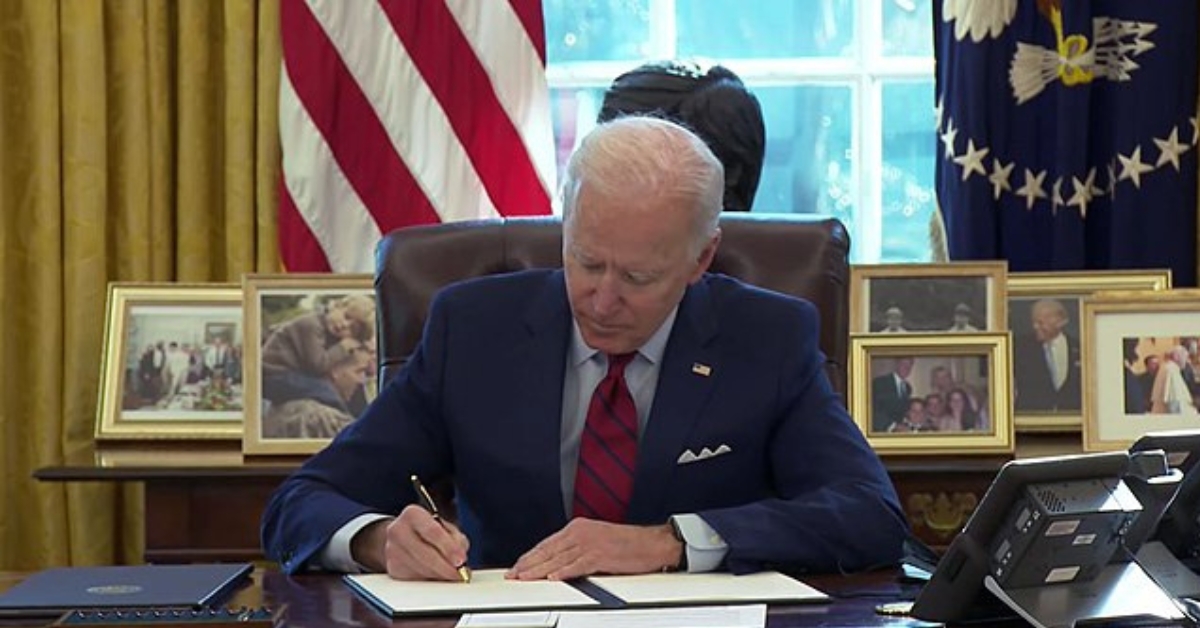
Supreme Court Sides with NRA in First Amendment Case
In a unanimous decision that restores a semblance of sanity to our constitutional dialogue, the Supreme Court reaffirmed a fundamental American principle: government officials cannot wield the power of their office to suppress free speech. The case at hand involved the National Rifle Association (NRA) and Maria Vullo, a former New York Department of Financial Services superintendent, who evidently confused governance with coercion.
The High Court’s ruling allows the NRA to proceed with its First Amendment claim against Vullo, challenging her aggressive maneuvers to pressure banks and insurance companies into severing ties with the NRA. This attempt to strangle the NRA financially was not just an overreach—it was a blatant abuse of power aimed directly at stifling gun promotion advocacy.
Justice Sonia Sotomayor, writing for the court, invoked a six-decade-old precedent that government entities cannot use threats of sanctions or coercion to suppress speech they find undesirable. Sotomayor’s clarification is a beacon of constitutional fidelity, stating, “Government officials cannot attempt to coerce private parties in order to punish or suppress views that the government disfavors.”
Constitutional Rights Come Before Political Ideologies
This case underscores a disturbing trend among certain political figures who seem to believe that their ideological preferences justify using state power to bulldoze over constitutional rights. What Maria Vullo allegedly did here goes beyond mere advocacy or regulation; it was an attempt to use the levers of state power to sabotage an organization because of its political views and advocacy—actions striking at the heart of what the First Amendment is designed to protect.
It’s enlightening to see the Supreme Court act unanimously in this matter, signaling a clear, cross-ideological reaffirmation of free speech principles, a rare but welcome sight that transcends the partisan divides often seen in other high-profile cases. What happened to the NRA is a textbook example of how government power, when left unchecked or wielded by the ideologically zealous, can infringe upon our fundamental rights. It serves as a potent reminder of why vigilance in protecting our First Amendment rights remains crucial, particularly against a backdrop where governmental overreach under the guise of regulation becomes a tool for political retribution.
